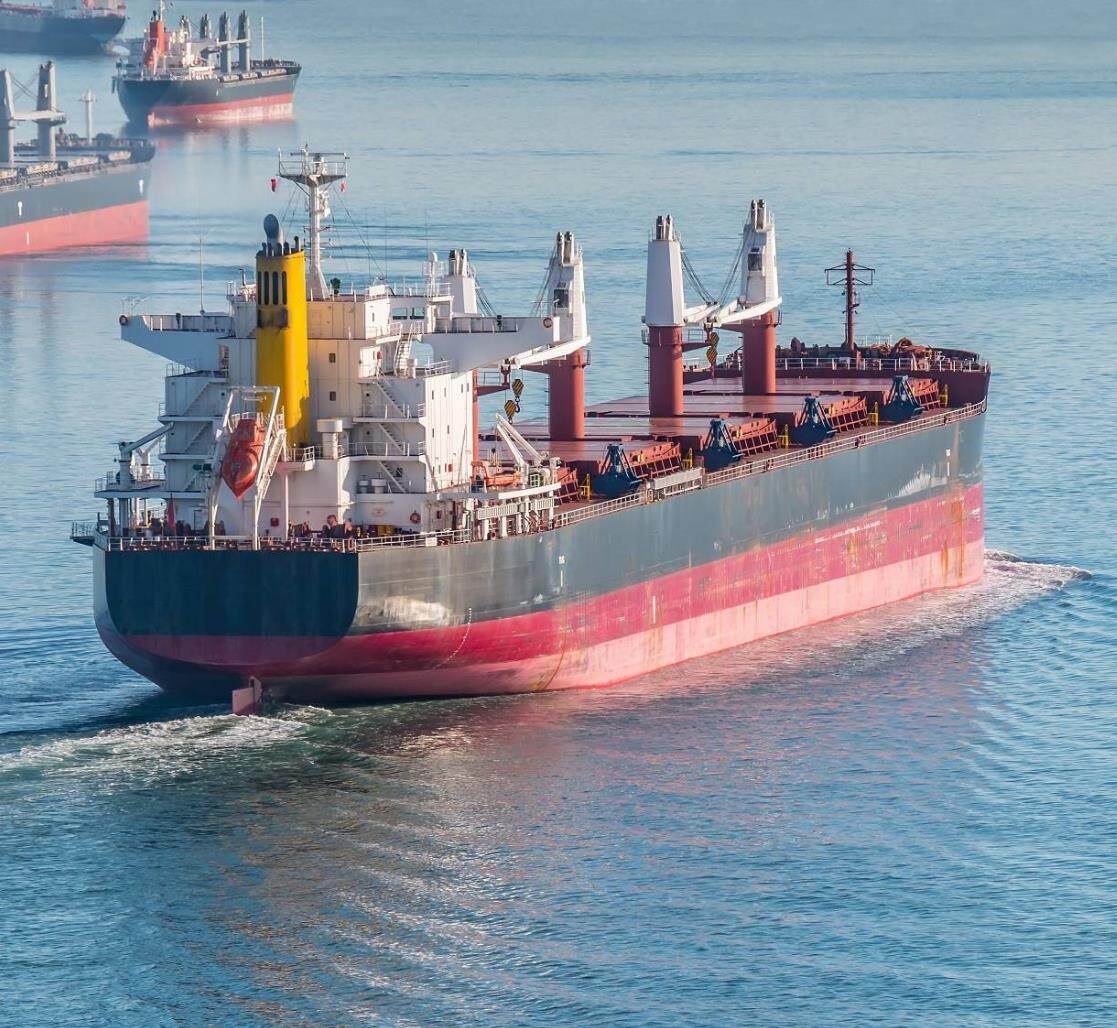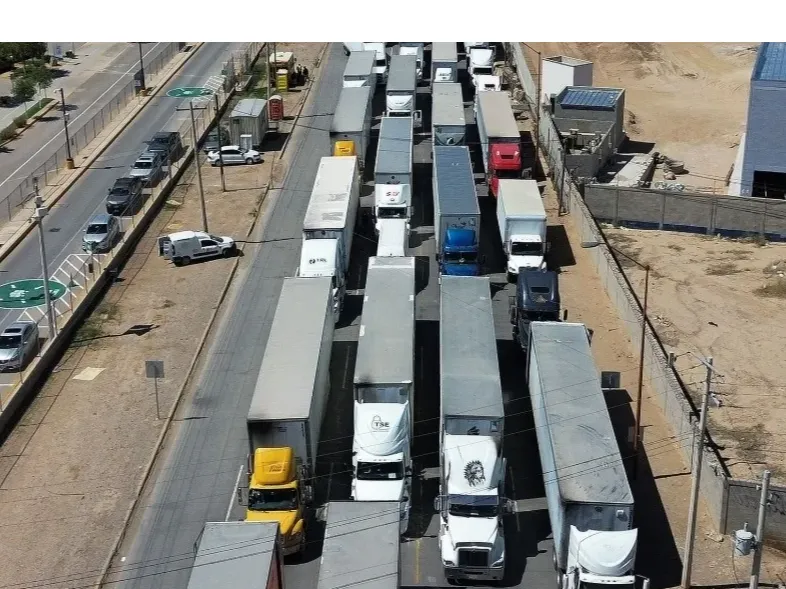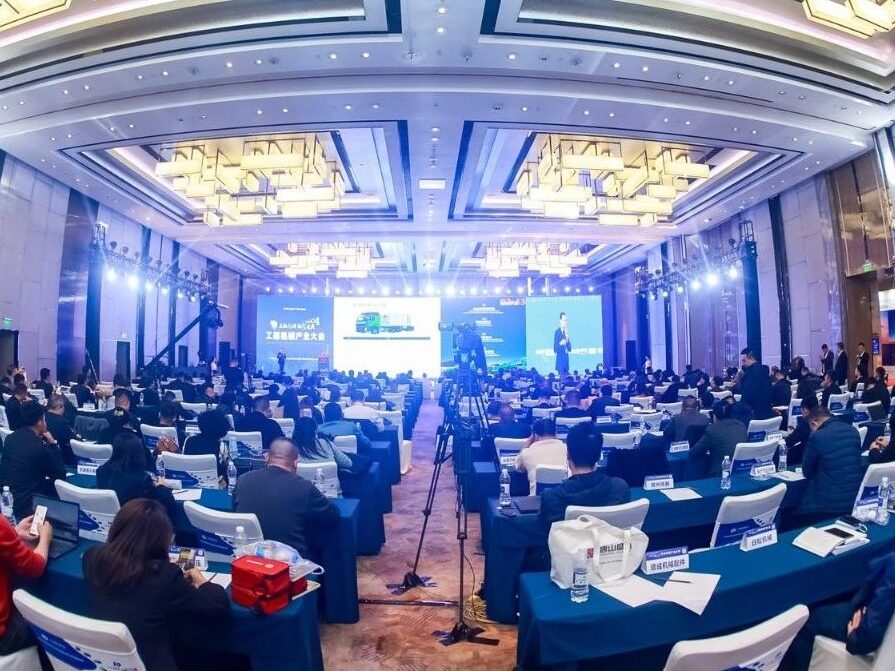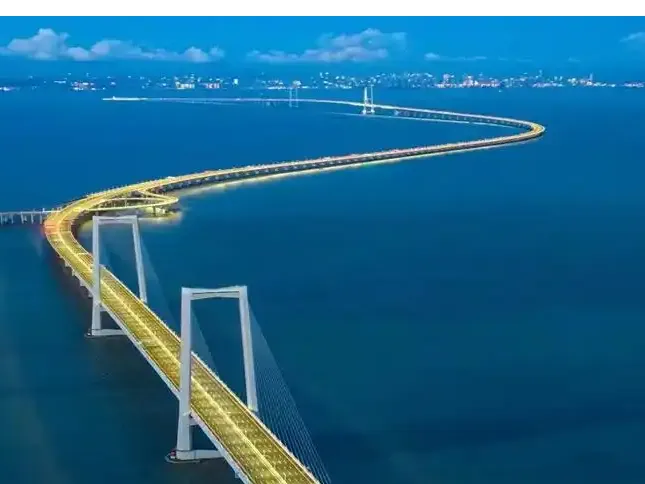- Australian companies' exports to China are first settled in RMB, which is a manifestation of the shaking of US dollar hegemony

Recently, a major event has quietly occurred in the shipping industry. A bulk carrier full of Australian iron ore arrived at a Chinese port. A seemingly ordinary iron ore ship docked at the port, but behind it implied the existing payment pattern for seaborne trade. , because the ship's iron ore is settled in yuan rather than U.S. dollars.

BHP Billiton and Shandong Port Group Rizhao Port jointly held a ribbon-cutting ceremony to congratulate BHP Billiton's first port of RMB trade iron ore berthing at Rizhao Port. The cargo ship Vittoria, which berthed at Rizhao Port this time, was loaded with iron ore from BHP Billiton's Western Australia mining area. The ship departed from Port Hedland on June 25 and arrived at Rizhao Port on July 10 after a two-week voyage.
The incident may seem small, but it has attracted widespread attention from the outside world against the backdrop of tense Sino-Australian relations, aggressive interest rate hikes by the United States and dollar hegemony in the global financial order. Because this transaction is settled in RMB between China and Australia, which is a breakthrough in the history of iron ore trading between China and Australia, marking that BHP Billiton officially launched the RMB spot trade of iron ore in Chinese ports.

Industry insiders and experts said the launch of the yuan-denominated iron ore trade marks an important step for Australia's largest listed company to move closer to the Chinese market, while balancing the risks and uncertainties that may arise from the dollar triggered by high U.S. inflation. Shandong Port Group Co., Ltd., the operator of Rizhao Port, said in a statement that the settlement of spot trade in renminbi by overseas mining companies will help the wider use of renminbi in commodity settlement and reduce the use of US dollars to cope with the exchange rate of Chinese steel companies. Economic risks that may arise from large fluctuations.
Jeremy Lewis, vice president of global iron ore marketing at BHP Billiton, said that BHP Billiton has been committed to promoting the open and transparent development of the iron ore market, providing market solutions based on the common interests of the industry and industrial chain, and ensuring the long-term stability of steel mill users supply. We believe that the US dollar sales of iron ore and the spot market of RMB in ports have their own characteristics and advantages and can complement each other and coexist. We look forward to working with key stakeholders to develop market solutions based on industry needs and promote transparent and fair market participation in both USD sales and port RMB spot.
BHP Billiton has a solid foundation in the iron ore US dollar sales market. The newly established port RMB spot sales channel will further enhance the resilience of the company's iron ore supply chain and provide new opportunities for more Chinese customers to directly purchase BHP Billiton's high-quality iron ore. opportunities and create long-term value, and also promote an important step forward in the settlement of seaborne trade in RMB.
The market competition behind RMB payment
Australia's trade with China accounted for 29% of Australia's total imports and exports in 2020, a figure that climbed to record levels in 2021, making China Australia's second-largest market, three times the size of the United States.
Australian mining companies also face competition from mining companies in Brazil and Peru in exporting iron ore to China. As early as 2020, China Baowu Steel Group, China's largest steel group, completed the first RMB cross-border settlement with Brazil's Vale, which is also one of the factors that prompted BHP Billiton to use RMB for payment.
Will the RMB era of sea freight be far behind?
The ocean freight does not love the RMB and the US dollar, which has always been the biggest problem for shipping people. This brings some disadvantages to China's shipping industry, including high payment costs and risks, which restricts the development of China's shipping e-commerce platform, and is not conducive to the internationalization and electronicization of China's shipping industry.

At the National People's Congress in 2021, Xu Lirong, deputy to the National People's Congress, then chairman and party secretary of China COSCO Shipping Group Co., Ltd., put forward opinions and suggestions focusing on the issue of RMB settlement. Xu Lirong believes that my country's "People's Bank of China Law" and "Regulations of the People's Republic of China on Foreign Exchange Administration" both expressly stipulate that as my country's legal currency, the use of RMB for pricing and settlement in China is a manifestation of my country's national currency sovereignty. Moreover, the use of domestic currency for settlement and settlement within the territory of the country is not a stipulation unique to my country, but a common practice in countries around the world. Therefore, it is suggested that the state should regulate and manage such matters strictly in accordance with the law, and foreign currencies should not be used for settlement within the territory of my country without the permission of legal procedures.
Xu Lirong also stated in the motion that adopting RMB settlement can reduce the risk of exchange rate fluctuations for enterprises. In the early stage of reform and opening up, my country's foreign economic and trade was dominated by the "three-to-one-supplement" business model of "two ends are outside". A sound and complete supply chain and industrial chain has become the most important support for enterprises to organize export production. The proportion of RMB in the cost composition of export commodities is increasing year by year. Under such circumstances, foreign currency settlement mode is still adopted, and Chinese enterprises will passively face exchange rate fluctuations. risks of. Keywords: engineering news, overseas news
In recent years, the U.S. dollar has been tried and tested as Washington’s sanctions weapon. Russia, Iran and other countries have suffered losses due to U.S. dollar sanctions. Currently, Russia is also asking European countries to use rubles to pay for their natural gas purchases. China offers an alternative to paying for iron ore in dollars, both in an attempt to change the dollar-centric payments landscape in international trade.Editor/XingWentao
Comment
 Praise
Praise
 Collect
Collect
 Comment
Comment
 Search
Search














Write something~